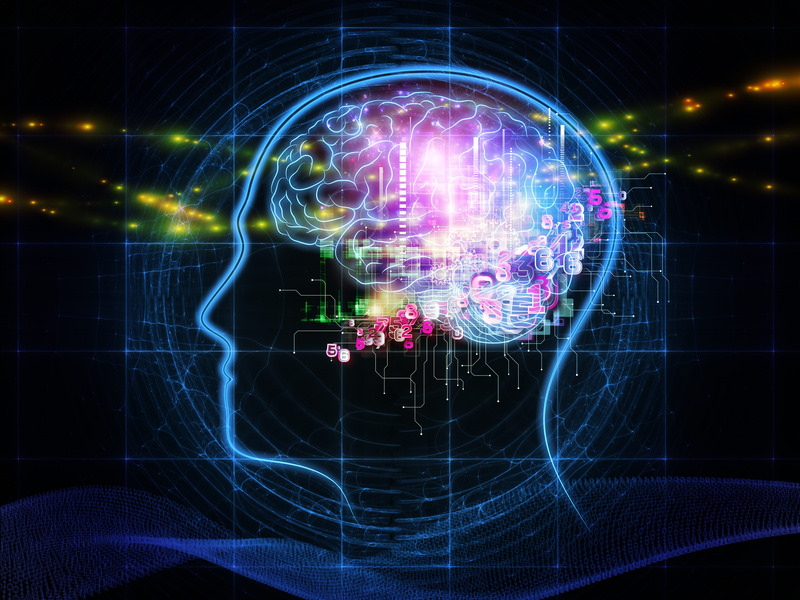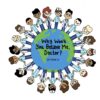Previously, many thought the idea of robots ever becoming anything other than animated movie characters like that of iRobot, Ex Machina, Her, and Robocop was mind-blowing and relatively far away. Today, the fields of biotechnology, robotics, and artificial intelligence are progressively sky-rocketing in their advances. The reason why there has been so much improvement in these fields is mainly because of the constant work put into developing computer-based technological systems.
Image Source: Mads Perch
For context, “artificial intelligence” is both a theory and an ongoing development of a computer system’s capacity to perform human-like tasks. These tasks do not necessarily have to be something that would qualify as a superpower and could simply be having the ability to perceive through vision, recognize speech, make decisions, and translate between languages. Besides what is commonly heard about technological advances, there are many developments that are not equally as common. The next big project for artificial intelligence in robotics has to do with something most humans would not even think of being possible: mind cloning.
It is do-able through means of technology and well on its way to becoming the next great breakthrough in scientific history. Formally, mindclones are self-aware digital beings that are able to think, reason, remember, and feel. Essentially, a mind clone is set to function identically to the person who provided their original biological mind; instead of living in a body, it could take the digitalized place of a computer or TV screen, a smartphone, a robot, or many other objects.
Image Source: Paper Boat Creative
A fascinating aspect of this new mind clone breakthrough is that it has already been accomplished. This mind cloning project is currently in the stages of development and fine-tuning to create a better prototype for future advancements in the field. This existing model is called Bina48, the first of its kind. Bina48 is a social robot that was created with the information from a real life person, Bina Aspen (the co-founder and wife of the project founder, Martine Rothblatt). The robot has artificial construction made up of other factors like video, voice recognition, and face recognition that all together with the information of Bina combined, form a somewhat “consciousness” of a person. The difference between this robot and others is that in addition to the technical machinery for the robot, the developers are using detailed data from the human Bina, such as mind files. These mind files are inputs that Bina creates about herself compiled into computer files. Because of the exchange of information between Bina and her robot alternative, the robot has some of her mind, becoming more like a “mind-clone.” This makes room for future, consciousness software, called mindware, to be developed in which people can potentially have mind clones of their own.
The assumptions made are based on the rate Bina48 is currently “learning” to adapt to new information. Due to this, it is safe to assume that humanity is not far from turning its daily routines, into astonishing movie-like experiences by having mind files and digital copies of human minds outside of their bodies. Whether the world agrees or disagrees about having mind clones is morally right or wrong, it would allow a “living” physical part of each individual to remain after death. This could allow for new psychological treatments to cope, to study relationships between computers and humans, and many more alternatives related to technology, science, and healthcare.
Feature Image Source: Exercise Plays Vital Role Maintaining Brain Health by A Health Blog










